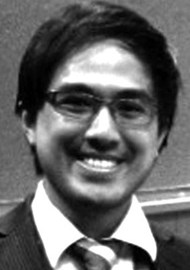There is a wide range of immunosuppressant drugs ranging from calcineurin inhibitors (e.g. cyclosporine), anti-folic agents (e.g. methotrexate) to anti-TNF and monoclonal antibodies, many of which could be ototoxic. The authors performed a systematic review assessing ototoxicity secondary to immunosuppressant therapy for post transplantation or patients with autoimmune conditions. The authors included 18 studies comprising a total of 233 patients, but only 131 patients had audiological data suitable for analysis. The majority of the studies were case reports. The commonest presentation of ototoxicity was hearing loss followed by tinnitus (often with concurrent hearing loss). There were only two cases of vertigo. High serum levels of calcineurin inhibitors such as cyclosporine or tacrolimus were most commonly associated with ototoxicity. Hearing loss was frequently bilateral and there was an equal spread in the severity of hearing loss from mild to profound categories. The onset of ototoxicity can occur at any time with reports of onset ranging from days to years. Hearing levels following correction of drug dosage or suspending treatment was reported in 36 patients. Of those patients, full recovery of hearing was found in eight, while 19 had significant improvement in hearing thresholds. The ototoxicity effects of anti-TNF, anti-folic agents and purine synthesis inhibitors were inconclusive as they were often used to treat autoimmune conditions, which could also lead to hearing loss. There were reports of mixed and conductive hearing loss, but the patients were being treated for rheumatoid arthritis, which could impair ossicular function. In summary, calcineurin inhibitors are the most likely immunosuppressant drugs causing ototoxicity. Close monitoring of hearing, serum levels and prompt management of drug dosages is important for these patients, as it is potentially reversible.




